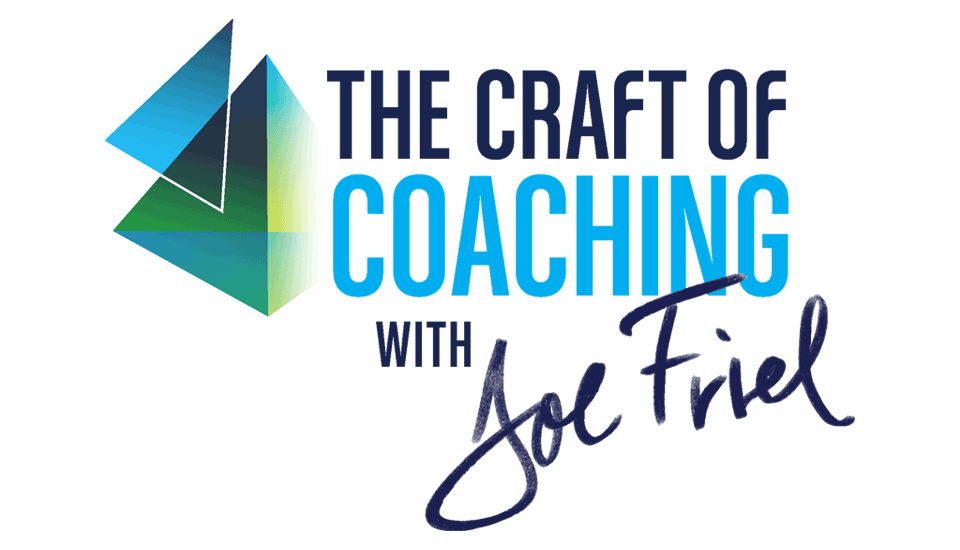Much to the surprise of some coaches, mental performance expert Jeff Troesch argues that you can have commitment from your athletes without trust. He explains how—and why—this is important.
Much to the surprise of some coaches, mental performance expert Jeff Troesch argues that you can have commitment from your athletes without trust. He explains how—and why—this is important.





